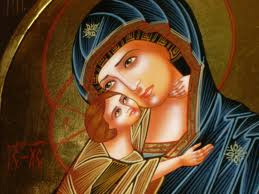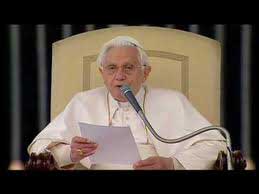
Vatican City, 8 February 2012 (VIS) – The prayer of Jesus at the moment of His death, as narrated by St. Mark and St. Matthew was the theme of Benedict XVI’s catechesis during his general audience, held this morning in the Paul VI Hall.
Yet, the Holy Father asked, “what is the meaning of Jesus’ prayer? The cry addressed to the Father: ‘my God, my God, why have you 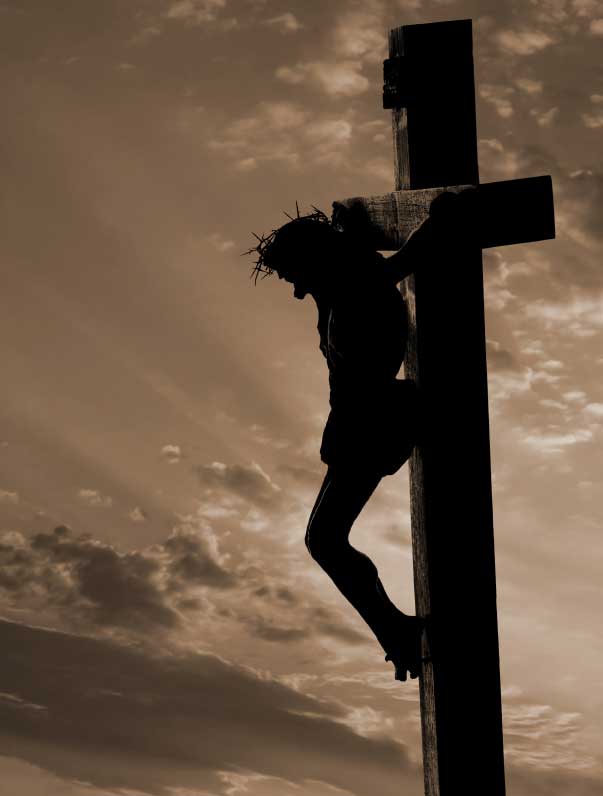 forsaken me?'” He explained that “the words Jesus addresses to the Father are the beginning of Psalm 22, in which the Psalmist expresses the tension between, on the one hand, being left alone and, on the other, the certain knowledge of God’s presence amongst His people. … The Psalmist speaks of a ‘cry’ to express all the suffering of his prayer before the apparently absent God. At moments of anguish prayer becomes a cry.
forsaken me?'” He explained that “the words Jesus addresses to the Father are the beginning of Psalm 22, in which the Psalmist expresses the tension between, on the one hand, being left alone and, on the other, the certain knowledge of God’s presence amongst His people. … The Psalmist speaks of a ‘cry’ to express all the suffering of his prayer before the apparently absent God. At moments of anguish prayer becomes a cry.
“This also happens in our own relationship with the Lord”, the Pope added. “In the face of difficult and painful situations, when it seems that God does not hear, we must not be afraid to entrust Him with the burden we are carrying in our hearts, we must not be afraid to cry out to Him in our suffering”.
“Jesus prays at the moment of ultimate rejection by man, at the moment of abandonment. However, He is aware that God the Father is present even at the instant in which He is experiencing the human drama of death. Yet nonetheless, a question arises in our hearts: how is it possible that such a powerful God does not intervene to save His Son from this terrible trial?”
The Holy Father explained that “it is important to understand that the prayer of Jesus is not the cry of a person who meets death with desperation, nor that of a person who knows he has been abandoned. At that moment Jesus appropriates Psalm 22, the Psalm of the suffering people of Israel, at that moment He takes upon Himself not only the suffering of His people, but also that of all men and women oppressed by evil. … And He takes all this to the heart of God in the certainty that His cry will be heard in the resurrection. … His is a suffering in communion with us and for us, it derives from love and carries within itself redemption and the victory of love.
“The people at the foot of Jesus’ cross were unable to understand, they thought His cry was a supplication to Elijah. … We likewise find ourselves, ever and anew, facing the ‘today’ of suffering, the silence of God – many times we say as much in our prayers – but we also find ourselves facing the ‘today’ of the Resurrection, of the response of God Who took our sufferings upon Himself, to carry them with us and give us the certain hope that they will be overcome”.

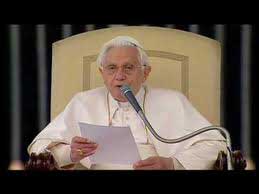
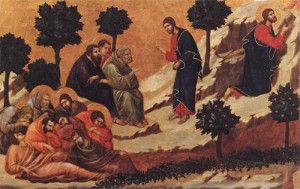
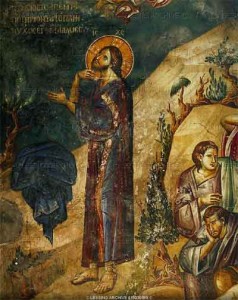
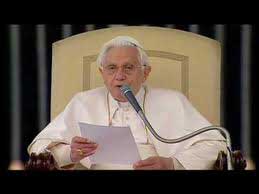
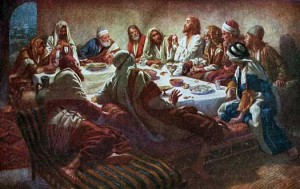

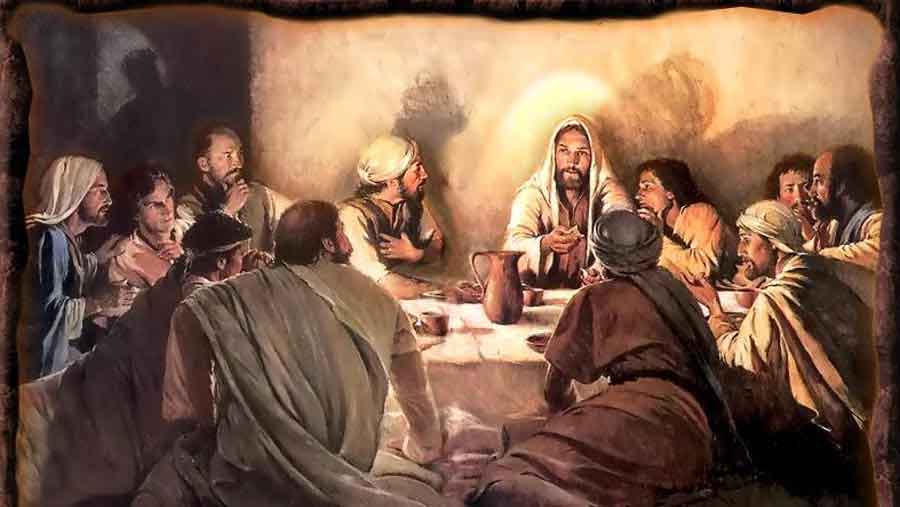

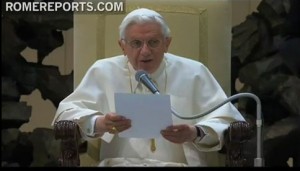
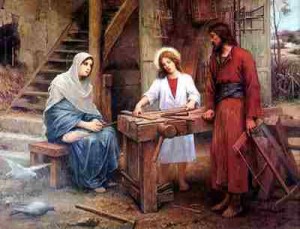
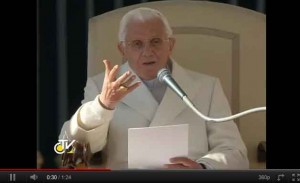 His relationship with the Father”, by looking up to heaven. “The narrative shows, then, that human involvement with the sick man led Jesus into prayer. His unique relationship with the Father emerges once again, His identity as Only-begotten Son. In Him, through His person, the healing and beneficial action of God is made present among us”.
His relationship with the Father”, by looking up to heaven. “The narrative shows, then, that human involvement with the sick man led Jesus into prayer. His unique relationship with the Father emerges once again, His identity as Only-begotten Son. In Him, through His person, the healing and beneficial action of God is made present among us”.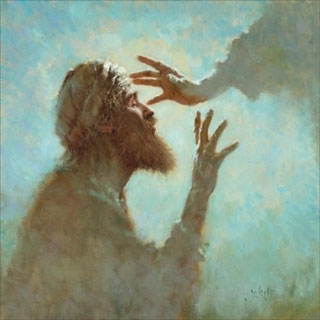
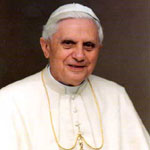
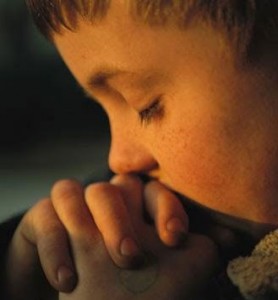
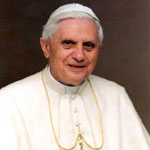


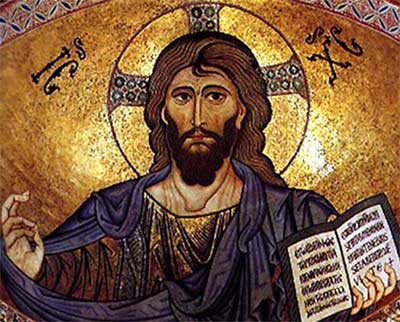
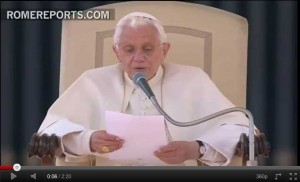 VATICAN CITY, 9 NOV 2011 (VIS) –
VATICAN CITY, 9 NOV 2011 (VIS) – 